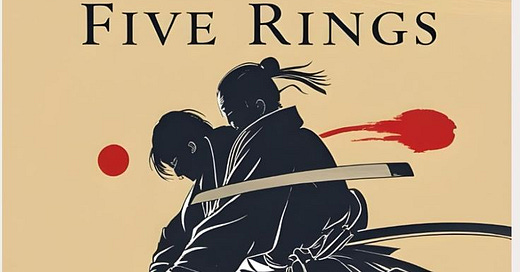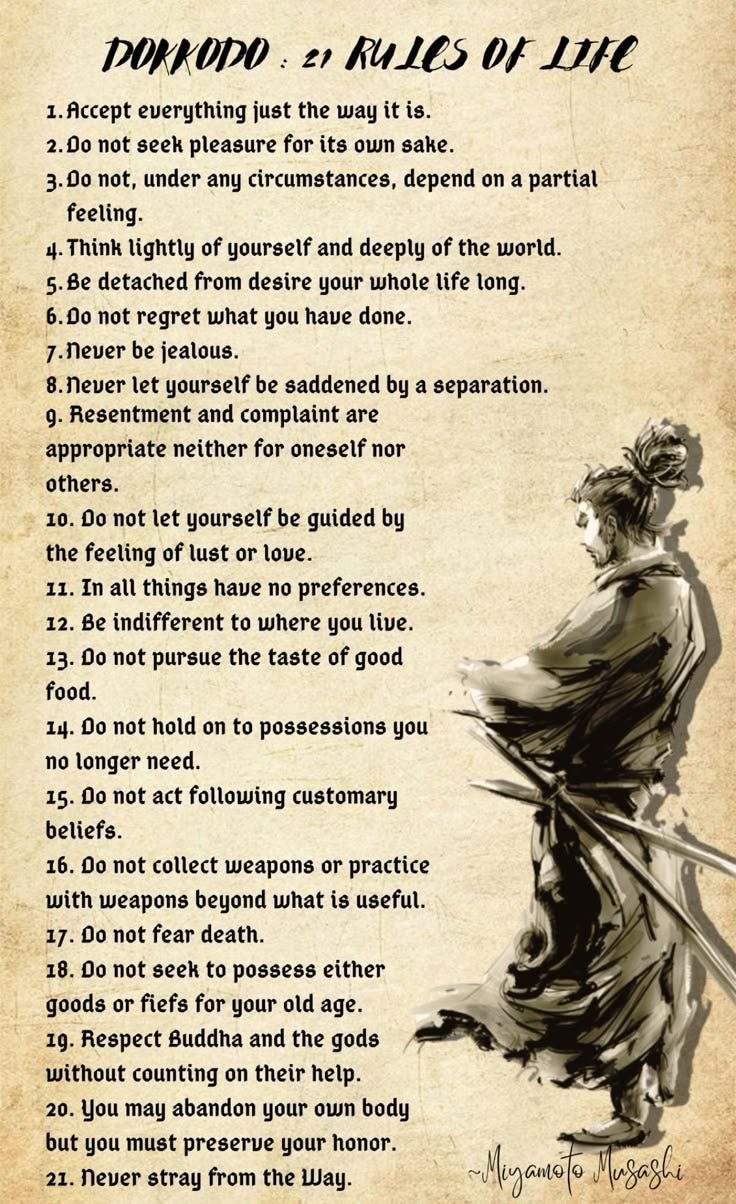Disdain things you cannot have: Ignoring them is the Best Revenge.
Law 36: Disdain Things You Cannot Have.
When you acknowledge a petty problem, respond to insults, or try to explain a minor mistake, you elevate it. You give it form. You tell the world, this matters enough for me to fight it, and in doing so, you breathe life into something that could have died quietly if left alone. People often make the mistake of thinking that fixing every problem immediately proves control but real control lies in knowing when to act, and more importantly, when not to.
Trying to fix every error, respond to every criticism, or chase everything you’re denied creates a dangerous illusion: that you’re reactive, emotional, and easily disturbed. Your opponent now knows your triggers. A small problem that you highlight becomes a scandal. An insult you respond to becomes a public feud. A denied desire that you pursue becomes a humiliation.
But by showing contempt through silence, you rob these forces of power. When you ignore your enemies or the things you can’t have, you imply superiority that such things are beneath you, not worth your time or energy. It’s not mere arrogance; it’s a psychological move. They expected a reaction and received none. That disarms them more than any attack could. You become untouchable. Your calm, your silence, your refusal to validate what is unworthy become symbols of strength.
You appear centered, above the fray, dangerous in your stillness.
Miyamoto Musashi,
Japan’s legendary swordsman and author of The Book of Five Rings, embodied Law 36: Disdain Things You Cannot Have, with ruthless precision. His entire philosophy revolved around psychological dominance through detachment.
Musashi did not merely defeat his opponents in duels; he dismantled their confidence before the fight even began. He refused to engage in the social climbing expected of warriors, rejected patronage from powerful lords, and walked away from fame even after achieving undefeated status in over sixty duels. His legend was built not on submission to the world’s expectations, but on total self mastery and ruthless detachment.
In 1612, Musashi faced Sasaki Kojirō, a swordsman celebrated for his skill with the nodachi (two-handed sword). Kojirō was the favored warrior of the Hosokawa clan, a man who thrived on reputation and the admiration of the elite. He represented everything Musashi despised: vanity, dependence on status, and a need for external validation.
Musashi’s Psychological Warfare
The Late Arrival: Kojirō and a crowd of noble spectators gathered at Ganryū Island at the appointed hour. Musashi, however, was nowhere to be seen. As tension mounted, Musashi finally appeared, rowing in slowly, deliberately late, as if the duel were an afterthought. Kojirō, who had prepared meticulously, was already emotionally unbalanced.
The Wooden Sword: While Kojirō unsheathed his prized blade, "The Drying Pole," Musashi revealed his weapon: a crude wooden bokken, carved from an oar during his leisurely boat ride. The Musashi message was clear: "You are not worth a real sword." Kojirō’s fury grew, his pride was under attack before the fight even started.
The Single, Brutal Strike: When Kojirō attacked with his signature "Swallow Cut," Musashi sidestepped and crushed his skull with the bokken. Kojirō collapsed, dead before he hit the ground. Then, in the ultimate act of disdain, Musashi simply walked away. He did not claim Kojirō’s sword, did not gloat, did not acknowledge the stunned nobles. This duel was not just a physical victory but it was a total annihilation of Kojirō’s legacy.
Musashi understood that true power lies in making your opponent’s strengths irrelevant. Kojirō’s skill, his noble backing, his fearsome sword, none of it mattered once Musashi refused to play by the rules of honor and expectation. By treating the duel with indifference, he stripped Kojirō of his psychological advantage.
Musashi’s Strategy: The Way of the Ronin
Keep reading with a 7-day free trial
Subscribe to Rgreenquote's Newsletter to keep reading this post and get 7 days of free access to the full post archives.




